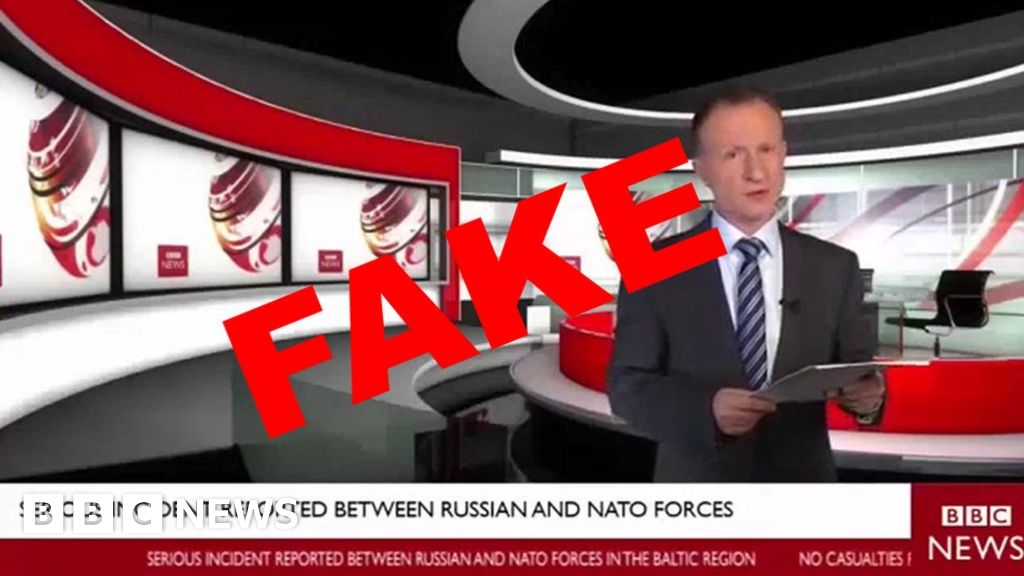

"I'll be trout fishing at my favorite stream, as usual," he said.It was a short, challenging but successful road the Arizona Diamondbacks took to the 2001 World Series. Fulbright's life, your last paragraph can answer that question with a telling quote from Mr. If possible, write an ending paragraph that offers and amusing reference to the article's opening paragraph, especially if your story begins with a questions, such as, "How will John Ames Fulbright spend his 100th birthday?" After a story that will likely summarize Mr. What are the possible outcomes that this event may bring about? Who will be affected by the event, and what, if any, possible solutions lie on the horizon? Check your facts for consistency and proofread your work for typographical errors.Įnd your feature story, if it's a lighthearted piece, with a quip or amusing anecdote, if that's appropriate to the subject matter. For example, if it is a crime story and the police have not yet reported that the crime has been solved, end with a discussion of the ongoing police investigation and explain further, if more information is needed, what the police are seeking to learn and what can bring the case to a conclusion.Ĭomplete a hard news story on a political event, act of war or natural disaster with with an eye toward the future. If parts of your story are unsupported by factual information or are based on assumptions you've made without getting confirmation from reliable sources, then it's time to go back and ensure that any weak points in your article are clarified and supported by more substantial reporting.Įnd your article with a summary of the facts and answers to any questions that the article may have raised.

Verify your facts by rereading the text and analyzing whether or not all of your reporting is backed up by research or interviews of those involved with the story. Fill in all the facts in easy-to-understand terms that provide satisfying descriptions and explanations to a reader who may have no prior knowledge of the subject you're writing about. Write your story answering the basic questions that any news article must supply to the reader, "who," what," "when," "where," "why" and "how." Tell the reader who the story is about - what happened to that person or people, or what is it that they did when the event occurred why the event occurred and how the people involved did what they did.


 0 kommentar(er)
0 kommentar(er)
